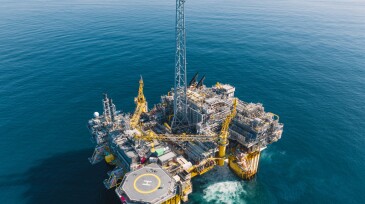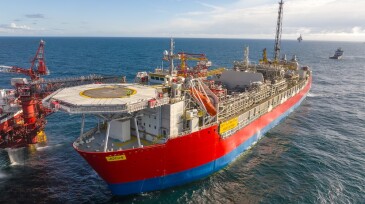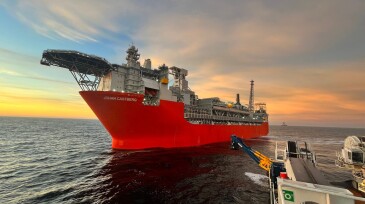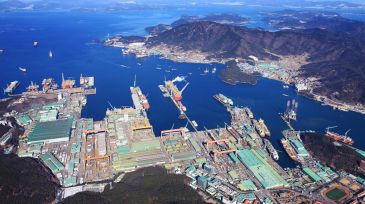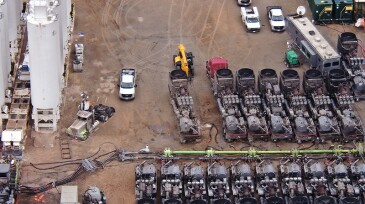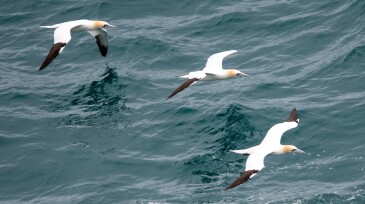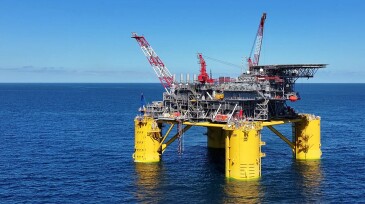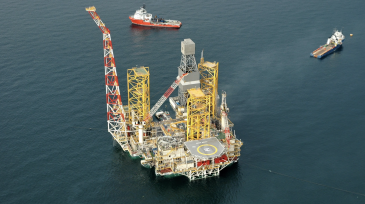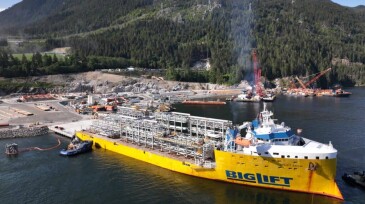Field/project development
Vår Energi ASA and partners have officially sanctioned the Previously Produced Fields Project in the Greater Ekofisk Area. The redevelopment is expected to add high-value barrels starting in 2028, extending the production life of one of Norway’s key offshore regions.
The company engineered, designed, and manufactured multiple internal floating roof systems and tank-top equipment packages for TotalEnergies’ new storage terminal in Equatorial Guinea.
Fugro’s entry into the UK’s small modular reactor market follows its breakthrough in the US, where it secured a contract in February to perform a geoscience site investigation for the recommissioned Palisades Nuclear Power Plant in Michigan.
-
North Sea tieback to the Troll C platform could begin production by the end of 2029.
-
The LNG specialist also greenlit a debottlenecking project to free up additional volumes at the Corpus Christi site.
-
The field, which holds the first production license on the Norwegian Continental Shelf, sent oil to the Jotun FPSO on 23 June.
-
Less than 3 months after going onstream, the Barents Sea project, the northernmost production offshore Norway, is producing 220,000 B/D.
-
While militant attacks halted construction at Mozambique’s onshore megaprojects, Eni began LNG exports using a floating production strategy, which now serves as the foundation for its ongoing development.
-
Japan’s largest power generator is focused on sourcing Haynesville natural gas production for Gulf Coast export as LNG.
-
Buoy-based camera footage, analyzed by artificial intelligence, can help reduce the risk of birds colliding with offshore wind farm turbines.
-
Over a dozen new projects aim to keep US offshore output near 1.8 million B/D through next year.
-
The $2.9 billion Shah Deniz Compression project, expected online in 2029, will enable additional production of around 50 Bcm of gas and 25 million bbl of condensate.
-
Project expects a total of 19 additional modules to arrive on site during 2025.




